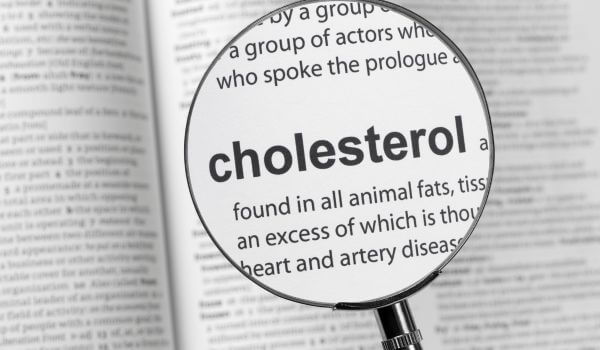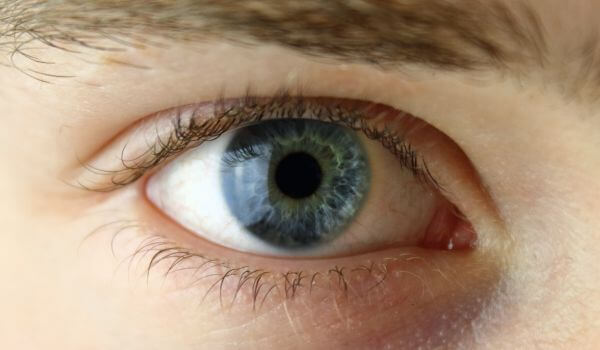Duavee / Duavive (
generic name: bazedoxifene plus conjugated estrogens) can be prescribed for women with an intact uterus who have moderate to severe menopausal symptoms or to prevent
postmenopausal osteoporosis. Bazedoxifene belongs to the group of medicines known as estrogen agonist–antagonists.
Women who have entered menopause can experience a wide range of body changes that can cause discomfort (see more details under Indications). These changes come about from the steep decline in estrogen levels, which is one of the main drivers of the female reproductive cycle. The purpose of Duavive is to boost estrogen levels, which can reduce the symptoms of menopause and also prevent the development of osteoporosis, in which bones become thinner, lighter, and more fragile.
Conjugated estrogen supplies the natural estrogen that is normally produced by the body but which is absent in menopausal women. Bazedoxifene is used to block any potential action by the added estrogen on the lining of the uterus, which could otherwise increase the risk of cancer.
Caution
Duavive is not meant to be taken by women still capable of childbearing, and if a pregnancy test comes back positive while using the drug, this must be reported to a doctor immediately.
Dosage
Duavee should only be taken in the dosage and regime prescribed by a doctor. The tablets should be taken at roughly the same time each day and can be swallowed with or without food. They must be swallowed whole and must not be chewed, split, or crushed. Treatment with Duavee should not be discontinued without first consulting a healthcare provider.
Storage
Store this medication in the blister packs that it came with. Don’t immediately remove more than one tablet at a time before taking the dose. Do not remove tablets from the blisters or store them in another container. If traveling, take the required doses on an intact sheet of sealed blisters.
Keep the package at room temperature, away from the reach of infants and children. Read our useful tips on
handling medicine safely.
Q&A
What is conjugated estrogen used for?
The conjugated estrogens in Duavee are a mixture of synthetic estrogen hormones. It is used to increase the levels of the hormone to reduce the symptoms of menopause, such as hot flashes and changes around the vagina, and to reduce the risk of osteoporosis.
Why was Duavee withdrawn from the market?
Bazedoxifene is one component of Duavee. Its function is to reduce the risk of thickening of the uterus lining (endometrial hyperplasia) that can be triggered by conjugated estrogens. The manufacturer of Duavee announced a global voluntary recall of the product in May 2020 to update the product information leaflets. The drug is back on the market with FDA approval.
What is the most common cause of endometrial hyperplasia?
Endometrial hyperplasia, in which the lining of the uterus thickens, is mainly caused by excess estrogen levels that are not counteracted by progesterone. If ovulation does not occur, progesterone is not released, and the lining of the uterus is not shed. The cells in the lining may become tightly packed and can form a tumor.
This text is for informational purposes only. Please consult a doctor or pharmacist before using any medication.
Read the information leaflet that comes with the medication.
Most people who use Duavee do not experience any negative side effects. Doctors prescribe Duavee because they assess that the benefits that such treatment yields outweigh any likely unwanted effects.
If any of the following symptoms are noticed, contact a healthcare provider immediately:
- Appearance of new breast lumps
- Unusual vaginal bleeding
- Changes in vision or speech
- Sudden new severe headaches
- Severe pain in the chest or legs with or without shortness of breath, weakness and fatigue
Some other side effects that have been reported include:
- muscle spasms
- nausea
- diarrhea
- upset stomach
- abdominal pain
- throat pain
- dizziness
- neck pain.
Not all side effects are listed here. If these or other unlisted symptoms persist or worsen, consult a healthcare provider or pharmacist.
The symptoms of menopause mainly arise from the decrease in estrogen and progesterone production in the ovaries as women age. These symptoms include hot flashes, night sweats, mood swings, sleep problems, reduced sex drive and vaginal dryness. While some of these symptoms may come and go, many women find that certain symptoms persist throughout their lives, causing persistent disruptions.
Menopause can also have effects on general health. The drop in estrogen levels is closely linked to a risk of heart disease, which is the primary cause of death among postmenopausal women. Additionally, osteoporosis – a condition characterized by bone changes – becomes a concern due to a reduction in bone density after menopause. Estrogen helps maintain bone strength by balancing the activities of bone cell building and absorption. With decreased estrogen levels and post-menopause, bones become weaker and more prone to fractures and other injuries.
Metabolic shifts during menopause can lead to increased storage of fat around the abdomen, contributing to weight gain and raising the risk of metabolic syndrome and type 2 diabetes.
Some women may also experience mental issues like depression or anxiety during menopause, along with cognitive changes such as memory problems or difficulty focusing. Hormonal changes or the stress of coping with menopausal symptoms could be the direct causes of these problems.
Menopause can affect sex. Reduced estrogen levels can cause alterations in the vagina, like dryness and decreased elasticity, which can make sexual intercourse uncomfortable. These changes, along with a decreased sex drive, may pose difficulties in sustaining a fulfilling sex life.















